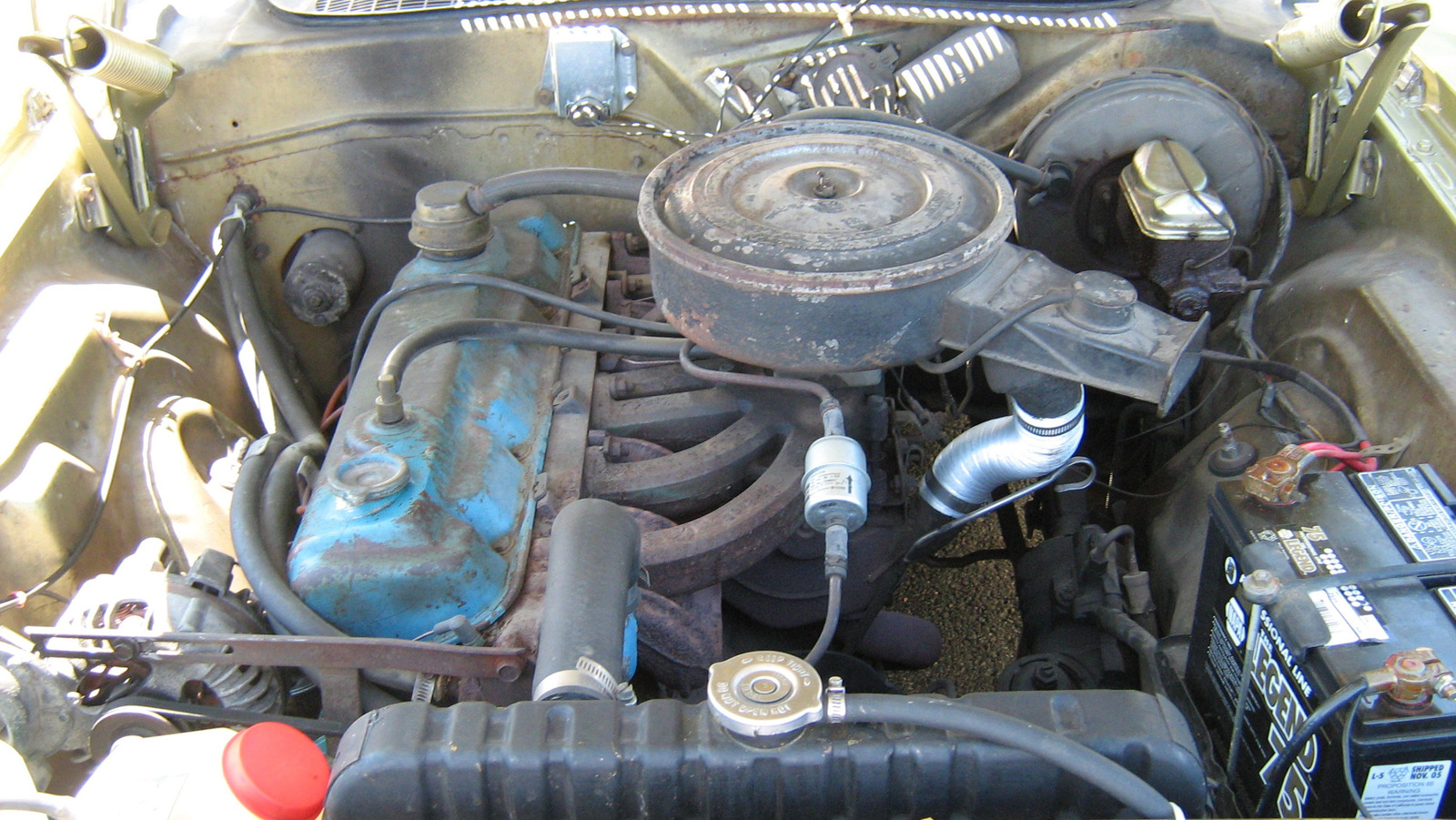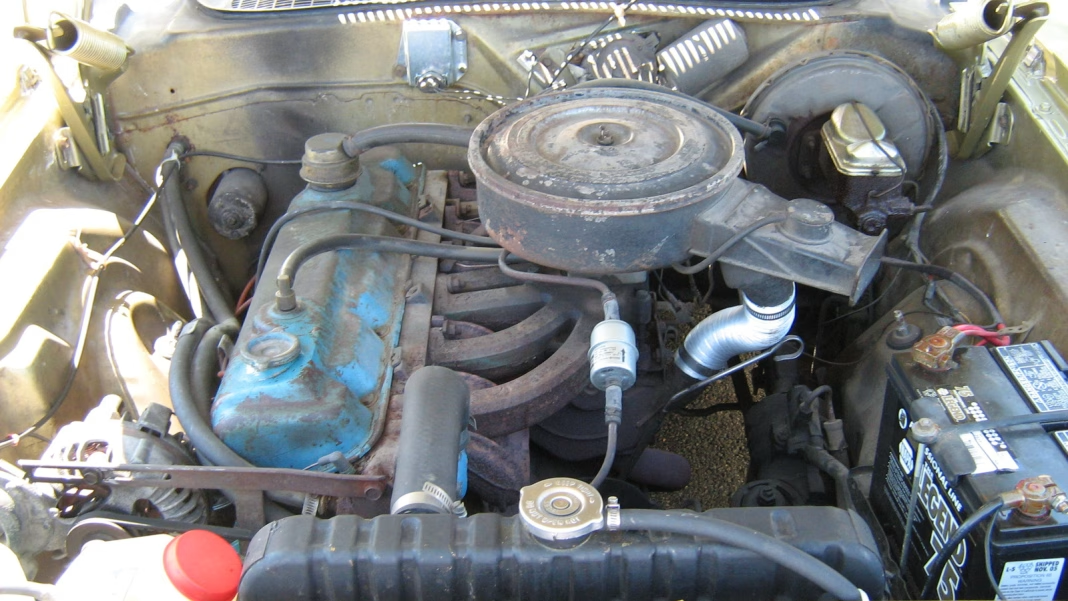Engines are the heart of most vehicles, powering everything from cars to boats, and even some household appliances. But what makes an engine truly remarkable? Let’s dive into the fascinating world of engines, exploring their types, how they work, and why they matter in our daily lives.
What Types of Engines Are Out There?
When we think of engines, the first thing that often comes to mind is the internal combustion engine. These are the traditional engines found in most cars, where fuel is burned to create power. However, there’s a whole spectrum of engines out there.
Electric engines have gained significant traction in recent years, especially with the rise of electric vehicles (EVs). They operate differently, using batteries to power electric motors, which means they produce zero emissions at the tailpipe. Then there are hybrid engines, which combine both internal combustion and electric power for improved efficiency and performance.
Let’s not forget about diesel engines, which are known for their fuel efficiency and torque. They’re commonly used in trucks and heavy machinery. And for those who love the thrill of speed, turbocharged engines can provide that extra boost, enhancing performance without significantly increasing engine size.
How Do Engines Work?
At the core of any engine is the basic principle of converting fuel into energy. In an internal combustion engine, this process involves several steps: intake, compression, power, and exhaust. Air and fuel mix in the cylinder, where they’re compressed and ignited, creating a small explosion that pushes the piston down. This movement turns the crankshaft, ultimately powering the vehicle.
Electric engines, on the other hand, work on a different principle. They convert electrical energy from batteries into mechanical energy. When you press the accelerator, the electric motor draws power from the battery, spinning the rotor and creating movement. This process is often smoother and quieter than that of traditional engines.
Why Are Engines Important?
Engines are more than just mechanical components; they’re essential to modern life. They enable transportation, making it possible for us to commute, travel, and transport goods across vast distances. The automotive industry alone employs millions of people worldwide and contributes significantly to the global economy.
Moreover, advancements in engine technology are crucial for addressing environmental concerns. As we face the challenges of climate change, the shift toward more efficient and cleaner engines is vital. Innovations like hydrogen fuel cells and improved battery technologies are paving the way for a more sustainable future.
Real-World Examples of Engine Innovations
Take Tesla, for instance. Their electric engines have revolutionized the automotive landscape, proving that electric vehicles can be both high-performing and desirable. Tesla’s approach has pushed traditional automakers to rethink their strategies, leading to a surge in EV development across the industry.
Another example is the development of hydrogen fuel cells, which some manufacturers are exploring as a clean alternative to both gasoline and electric engines. Companies like Toyota and Hyundai are investing in this technology, showcasing the potential for hydrogen-powered vehicles to reduce emissions without sacrificing performance.
What’s Next for Engine Technology?
The future of engines is undoubtedly exciting. With ongoing research and development, we’re likely to see even more efficient engines that utilize alternative fuels, advanced materials, and smart technologies. Imagine engines that can self-diagnose issues or optimize performance based on driving conditions—this isn’t just a dream; it’s on the horizon.
As we navigate this evolving landscape, it’s essential to stay informed and engaged with the changes. Whether you’re a car enthusiast or simply someone who relies on vehicles for daily life, understanding engine technology can empower you to make better choices, whether it’s selecting a car or advocating for cleaner technologies.
The big takeaway? Engines aren’t just about mechanics—they’re about innovation and sustainability. As we embrace smarter technologies, even small changes can lead to significant impacts. So, why not start by exploring the options available in your next vehicle? You might just find that the future of driving is more exciting than you ever imagined.


